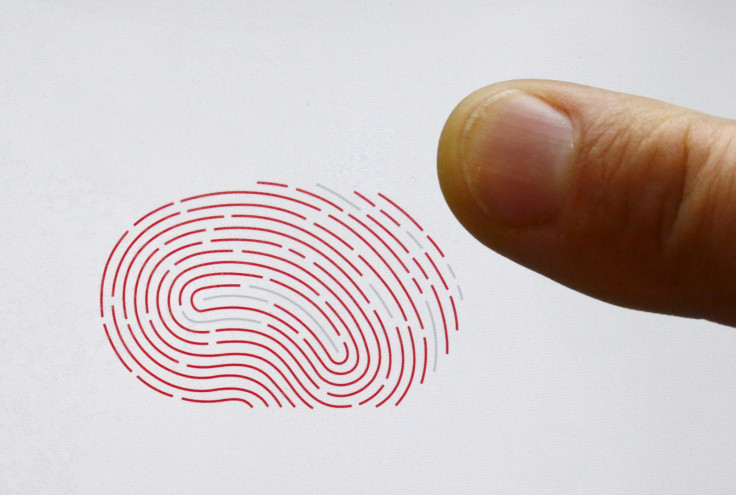Britons trust banks over government agencies to store their biometric information
A quarter of the 18-24 olds said they would switch banks if it didn't provide biometric payment options.

Britons trust banks over government agencies for the storage of their fingerprints, iris scans and other such biometric data. The same was revealed by Visa's Biometric Payments research.
According to a report seen by IBTimes UK, the research showed that 60% of the respondents said they were likely to trust banks to store and keep their biometric information safe. This was almost double the 33% who said they were willing to trust government agencies.
With regards to who they would trust to offer biometrics authentication as a service to confirm identity, 85% of the respondents said their first preference was banks. While payment networks were the second preferred, global online brands bagged the third spot followed by smartphone companies.
The research also showed that 64% of the people surveyed were ready to use biometrics as a method of payment authentication. About 80% of the respondents said they felt most comfortable with fingerprint recognition.
In terms of what biometric authentication options respondents viewed as the most secure for making a payment, 88% said fingerprint authentication, while 83% vouched for iris-scanning with 65% voting for facial recognition.
Also, 25% of the respondents aged between 18-24 years went onto say they would switch banks if it didn't provide such biometric payment options. This indicated the growing need for customers to provide such modern solutions.
Visa commissioned this study with market research company Populus. It was conducted between 22 April and 6 May across 7 European countries such as the UK, Sweden, Spain, France, Germany, Italy and Poland. It surveyed a total of 14,236 people with about 2,000 from each country.
Commenting on this research, Kevin Jenkins, the UK & Ireland MD at Visa said: "Banks have a tremendous opportunity in this payment revolution. From trialling voice recognition to behavioural biometrics for authentication, we're already seeing banks – both high street and challenger banks, alike – making positive steps to adopt this technology in a variety of use cases. This consumer confidence in both authentication as well as the storage of their biometric data gives banks the perfect win-win scenario, enabling them to provide a service that the public wants which will also benefit the banks, themselves."
© Copyright IBTimes 2025. All rights reserved.





















